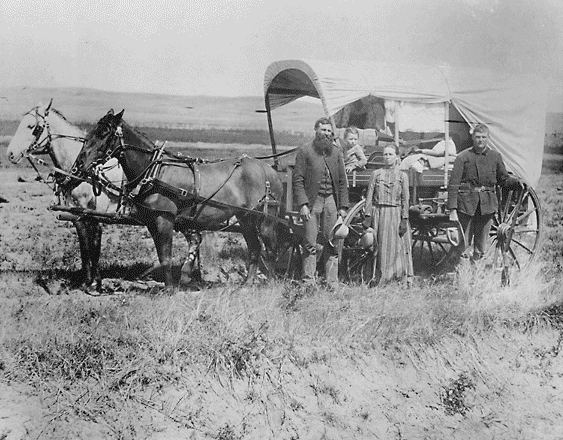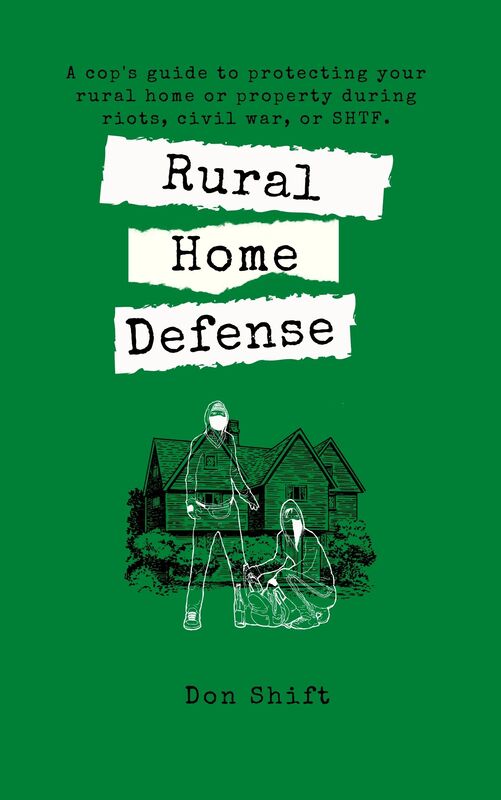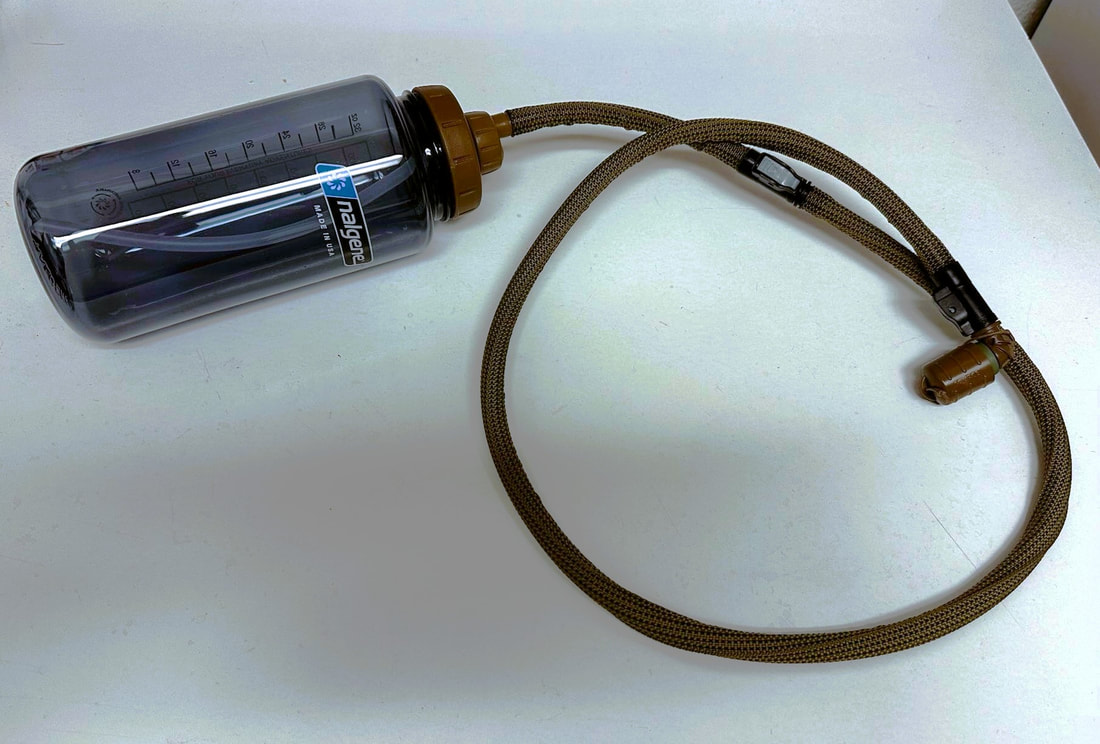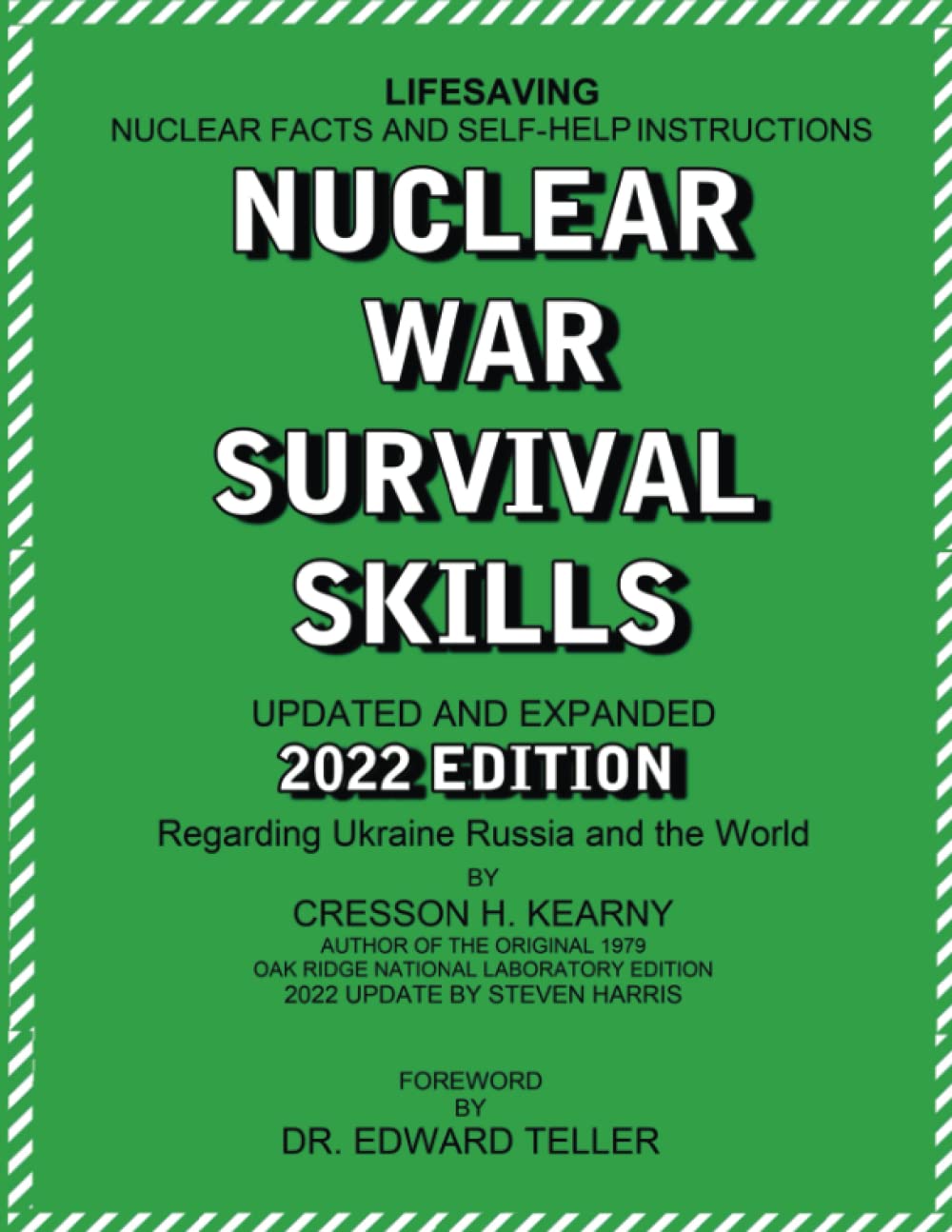|
Mistakes made by settlers
Discussion Settlers did not set themselves up for success. Their farms/ranches were isolated, in poor defensive locations, had few capable defenders, and situational awareness sucked. If your house is in a poor physical defensive position (or design), you have to overcome this with technology or manpower. Remember that barricades and obstacles can only delay an attack; manpower can defeat an enemy and turn that obstacle into a force multiplier. More men allows for more area to be defended and casualties to be absorbed. Lastly, if you aren’t paying attention and get surprised you’ve lost the advantage. I get that everybody wants their own land and that scarcity of resources like grazing land and water made it necessary to spread out, but it was stupid from a defensive standpoint. Houses that were widely separated could not rely on each other for mutual support. Given that many of these frontier families were a nuclear family with one adult male, maybe some older boys, there wasn’t the manpower to defend them. When help was needed, anyone who could escape and manage to evade the Indians faced a desperate run, ride, or walk to neighbors that could be miles away. Even a one mile jog might take 10 minutes for someone in average shape. Up to half an hour might pass before help arrives and God only knows what horrors may have transpired in the balance. The houses should have been built much closer to each other, like 100-200 yards maximum; an easy rifle shot. With a clear view, each house could offer supporting fire to the others. Neighbors would be in close proximity for refuge and defense. More eyes could more easily keep watch. Modern building practices where homes are on smaller lots now naturally accommodate this kind of thing, though the homes weren’t laid out and built to maximize defensive fire. Today, homeowners will probably have to clear brush and trees to improve sightlines for natural surveillance and for supporting angles of fire. Radio communication and cameras can supplement human lookouts. Vehicles conquer the tyranny of distance. Technology and development patterns change some of the risks, but there are plenty of rural properties that are just as isolated and undermanned as in the frontier days. One repeatedly losing tactic was for a settler to chase after raiders by himself. Pursuing Indians alone or in pairs was a recipe for disaster as the Indians almost always outnumbered the settlers. In many cases “Pa” was ambushed or routed and killed when he went rushing off alone to recover the stolen horses or try to get some parting shots in. If the family was lucky, they were able to defend alone from inside but often the house fell anyway. It might seem natural to try and recover a stolen vehicle or livestock as the enemy flees, but this is like swimming out into shark infested waters. As you leave the house, you deprive it of a capable defender, lose the benefit of any defensive works (fencing/covered positions), and are more easily flanked by the enemy. Going out alone is stupid. A smart enemy who is being pursued would setup a hasty ambush or just circle back and engage their pursuer. Perhaps they were content to “live and let live” until you decided to chase after them. Too many victims of robberies, etc. have been killed because they decided to go after their attacker, usually unarmed. If you are in a weak position, don’t do things that make yourself more vulnerable. You could be running into a trap. You cannot afford to let ego or revenge blind you to tactical realities. If your family is alone, if the enemies are withdrawing, and if you are outnumbered, let them go. I understand that things might be different if a family member is kidnapped, but act smartly. In today’s world, a vehicle could be identified or followed from a distance while you radio for help. There may be moments of necessary self-sacrifice, like if a family member is a captive, but don’t potentially sacrifice your life for “stuff.” Tips for today
This article is a part of my new non-fiction book, Rural Home Defense: A cop's guide to protecting your rural home or property during riots, civil war, or SHTF.
Comments are closed.
|
Author Don ShiftDon Shift is a veteran of the Ventura County Sheriff's Office and avid fan of post-apocalyptic literature and film who has pushed a black and white for a mile or two. He is a student of disasters, history, and current events. Archives
May 2024
Categories
All
As an Amazon Associate I earn from qualifying purchases.
|


 RSS Feed
RSS Feed






